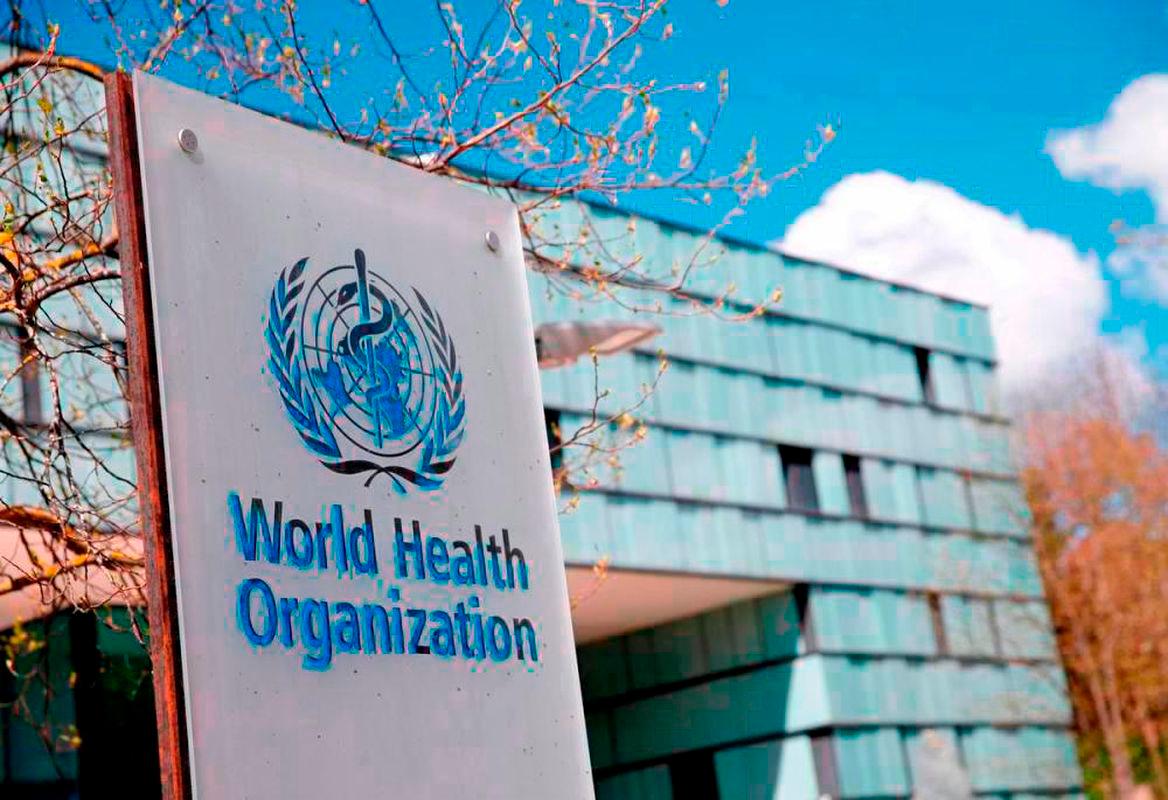GENEVA: The World Health Organization on Thursday called for the “urgent protection” of two of the last hospitals remaining in the Gaza Strip, warning that the territory’s health system is “collapsing”.
The WHO said the Nasser Medical Complex and Al-Amal Hospital risk becoming “non-functional” because of restrictions on aid and access routes, further damaging a health system already battered by months of war.
“There are already no hospitals functioning in the north of Gaza. Nasser and Amal are the last two functioning public hospitals in Khan Younis, where currently most of the population is living,“ the UN agency said in a statement on X.
“Without them, people will lose access to critical health services,“ it said.
The WHO added that closure of the two hospitals would eliminate 490 beds and reduce Gaza’s hospital capacity to less than 1,400 beds -- 40 percent below pre-war levels -- for a population of two million people.
The WHO said the hospitals have not been told to evacuate but lie within or just outside an Israeli-declared evacuation zone announced on June 2.
Israeli authorities have told Gaza’s health ministry that access routes to the two hospitals will be blocked, the WHO said.
As a result, it will be “difficult, if not impossible” for medical staff and new patients to reach them, it said.
“If the situation further deteriorates, both hospitals are at high risk of becoming non-functional, due to movement restrictions, insecurity, and the inability of WHO and partners to resupply or transfer patients,“ the organisation said.
The WHO said both hospitals are already operating “above their capacity”, with patients suffering life-threatening injuries arriving amid a “dire shortage of essential medicines and medical supplies”.
It warned the closure of Nasser and Al-Amal would have dire consequences for patients in need of surgical care, intensive care, blood bank and transfusion services, cancer care and dialysis.
After nearly 20 months of war triggered by Hamas’s October 7, 2023 attack on Israel, Gaza is mired in one of the world’s gravest humanitarian crises, with civilians enduring relentless bombardment, mass displacement and severe hunger.









